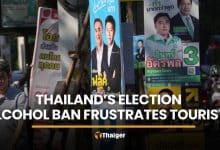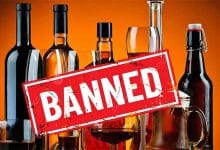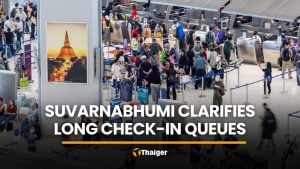Thailand considers lifting train alcohol ban to boost tourism
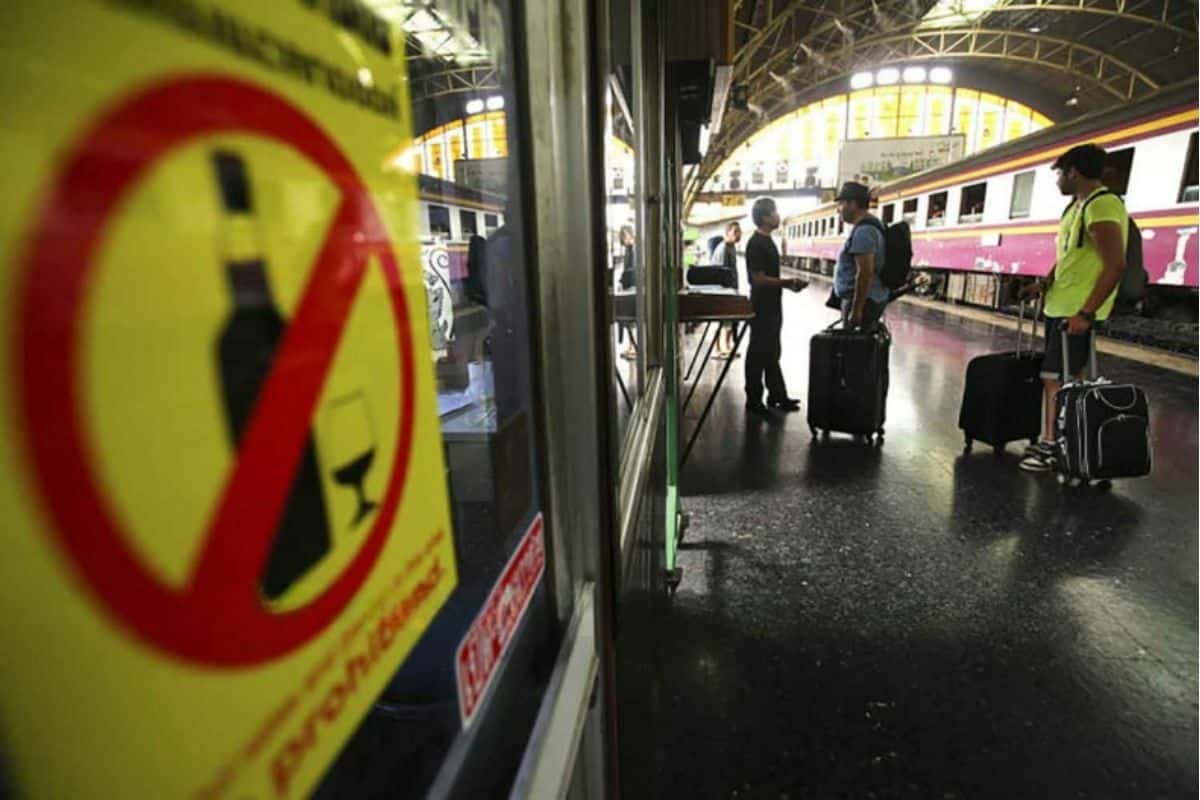
The State Railway of Thailand (SRT) intends to propose lifting the current ban on alcohol sales on trains at the upcoming meeting of the Alcoholic Beverage Control Committee scheduled for Friday, February 21. Previously, the committee, under the Public Health Ministry, had rejected a similar proposal due to concerns it could prove more detrimental than beneficial.
Public Health Minister Somsak Thepsutin, who leads the committee, confirmed that the initial proposal was not adopted after research indicated potential negative impacts. However, the SRT plans to reintroduce the proposal, aiming to boost local tourism, particularly through tourist train services, by seeking exemptions for alcohol sales at train stations and on trains.
Doctor Udomsak Sae-Ngow, a researcher at the Centre of Alcohol Studies, highlighted that a previous survey showed considerable public opposition to lifting the alcohol ban on trains.
In August last year, the survey included 3,055 train passengers across 25 stations nationwide. The results revealed that 80% of occasional drinkers and 67% of regular drinkers opposed the proposal, citing concerns over travel safety, public disturbance, and the risk of sexual harassment.
A significant 86% of respondents recalled the 2017 incident involving the rape and murder of a 13 year old passenger, which was a catalyst for the current ban.
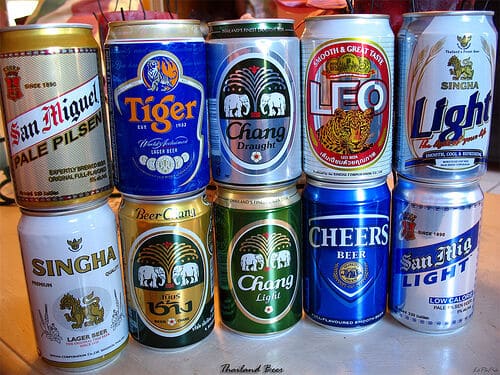
Thirapat Khahawong, coordinator of a network aimed at preventing alcohol-related negative impacts, urged the committee to prioritise public health above the interests of the alcohol industry. He criticised the government’s reliance on alcohol consumption as a means to stimulate the economy, given its adverse societal effects, reported Bangkok Post.
In a related development, hotels and businesses that sell alcohol have recently appealed to the government to lift the 2-5pm alcohol sales ban, enacted in 1972 to prevent civil servants from consuming alcohol during work hours, arguing that the regulation is now outdated.
The Thai Alcohol Beverage Business Association has proposed lifting the ban on alcohol sales from 2pm to 5pm and on religious holidays to boost the economy. This aligns with Prime Minister Paetongtarn Shinawatra’s directive to revise restrictive regulations.
The change could generate over 50 billion baht in spending, potentially reaching 100 billion baht annually. It would also create jobs in tourism, hospitality, and entertainment sectors, benefiting contract drivers, waitstaff, and musicians.
Latest Thailand News
Follow The Thaiger on Google News:
